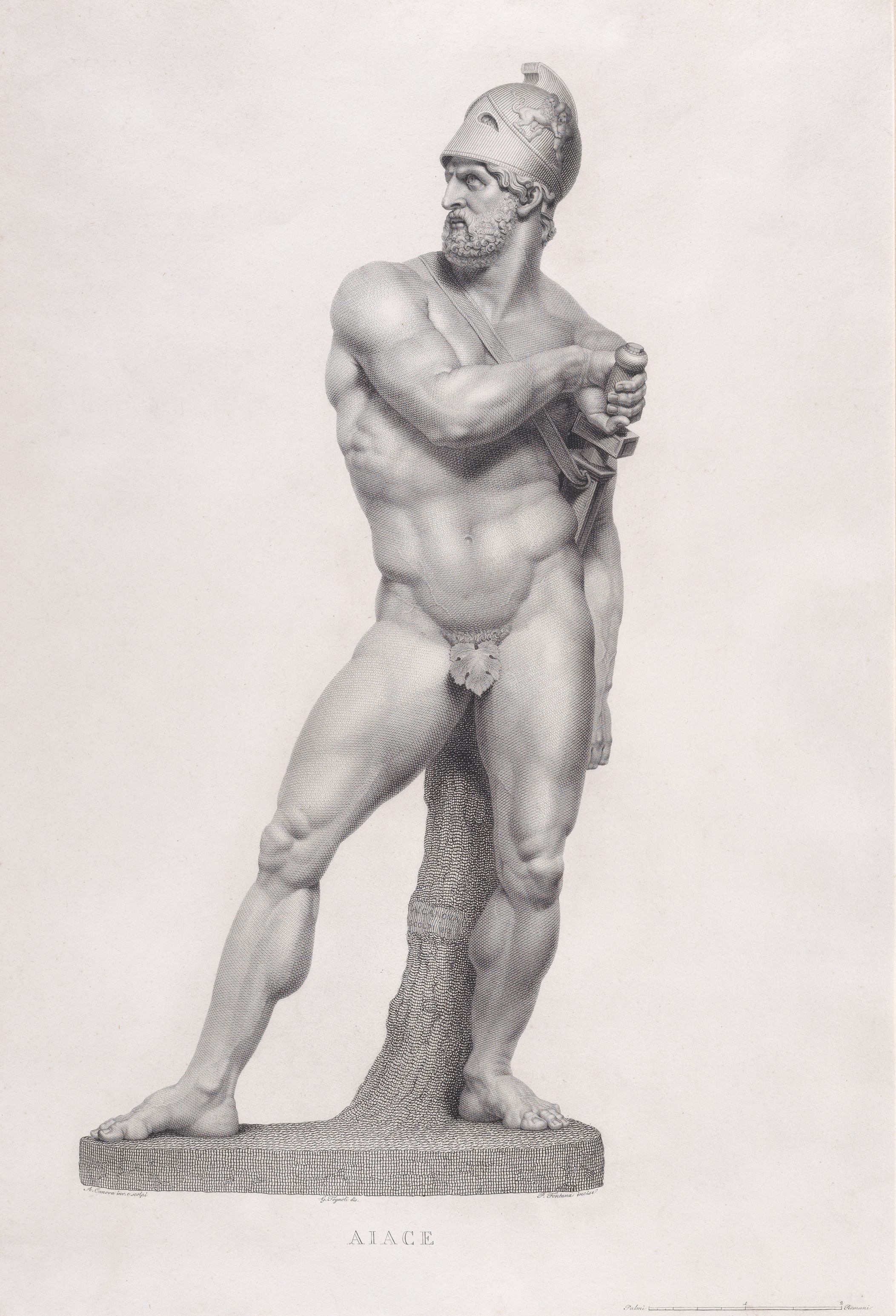A Note Before We Begin
This lesson explores family connections and cultural heritage. While family can be a source of inspiration, it can also carry pain. Please feel welcome to adapt any activities in ways that honour your own experience.
Throughout this lesson, you'll also encounter references to ancient Greece. These aren’t meant to elevate one tradition over others, but to offer a familiar starting point for discussing intergenerational knowledge. The ideas we explore are grounded in many traditions, from Indigenous storytelling circles to family kitchens and memory gardens around the world.
This project was also partly inspired by Marcella LaFever’s work on incorporating the Medicine Wheel into post-secondary course design. Her writing invites educators to consider learning as a whole-person process, a process that includes not only cognitive and physical skills, but also emotional and spiritual growth.
While this lesson draws from those ideas, it does not attempt to represent or replicate Indigenous frameworks. The Medicine Wheel has deep cultural and spiritual significance for many Indigenous communities. This reference is offered with respect and humility. If you're interested in learning more, I encourage you to read LaFever’s article or seek out Indigenous educators in your community.
The Challenge: Preserving Cultural Knowledge
Communities around the world are facing a critical challenge: valuable cultural knowledge, traditions, and stories are being lost as generations become more disconnected. When elders pass away without sharing their wisdom, we lose irreplaceable parts of our heritage.
How might we create physical spaces that bridge generational gaps and preserve cultural knowledge in a way that engages both youth and elders?

Statue of Ajax, one of the heroes whose deeds were preserved through oral tradition before being recorded in Homer's Iliad.
Imagine yourself by a campfire 3,000 years ago, listening to a poet recite the Iliad. The poet tells of Nestor, an elder warrior who delivers lessons by telling of heroes from even earlier times. No longer chief among the gathered warriors in terms of prowess, Nestor cements his place in the story by guiding younger warriors through his stories and preserving wisdom from past generations.
In this lesson, you'll design a "memory garden." A memory garden is an intentional space that preserves cultural knowledge by triggering stories and connecting generations. These gardens aren't just for walking through; they're spaces where people connect to their past and develop a deeper sense of belonging to their families and communities.
A Holistic Approach to Learning
Memory gardens engage us as whole beings: intellectually through the knowledge they preserve, physically through sensory experiences, emotionally through the stories they evoke, and spiritually through the connections they foster. This approach to learning, which honors all dimensions of human experience, resonates with both classical wisdom traditions and Indigenous frameworks like the Medicine Wheel.
Reflection Moment
Think of a place that holds a strong memory. It could be a kitchen, a tree, a park, anywhere!
- What sounds, smells, textures, or sights do you remember?
- What lessons or stories came from that space?
- How could you share that place's meaning with future generations?
Keep these reflections in mind as we explore the concept of memory gardens together.
What Makes Memory Gardens Effective?
Memory gardens bridge the limitations of other knowledge preservation methods. Unlike oral traditions that may be forgotten or artifacts that lose context, memory gardens create environments where:
- Sensory triggers (scents, textures, visual elements) naturally evoke memories and stories
- Shared spaces facilitate conversation between generations
- Living elements symbolize the ongoing nature of cultural knowledge
- Physical manifestations of values and traditions make abstract concepts tangible
As you prepare to design your own memory garden, consider what sensory elements might best trigger important stories or values you wish to preserve.
"Mightiest were these of men reared upon the earth; mightiest were they, and with the mightiest they fought, the mountain-dwelling centaurs, and they destroyed them terribly. With these men I had fellowship, when I came from Pylos, from a distant land far away; for they themselves called me. And I fought on my own; with those men could no one fight of the mortals now upon the earth."
— Nestor, in Homer's Iliad
Like Nestor sharing tales of heroes past, this lesson will guide you in creating spaces where stories, values, and traditions can be preserved across generations.